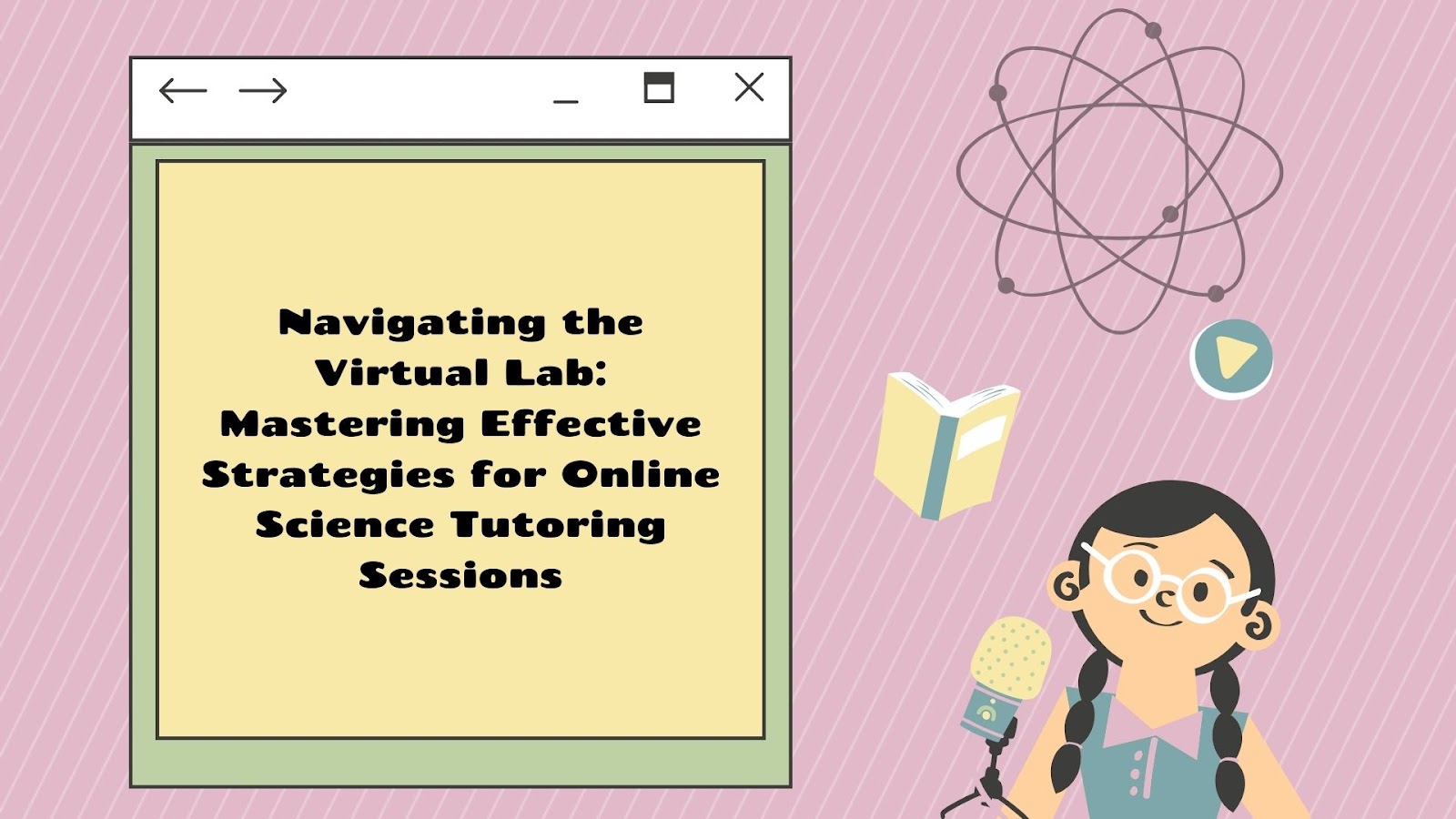Can Games Help Students Cope with Studies?

Students often face an array of pressures in academic life, from assignments and exams to the pursuit of academic success. Traditional wisdom suggests that games and studies should not mix, with games seen as potential distractions or hindrances to academic performance. However, recent research has uncovered an alternative perspective highlighting the potential benefits of incorporating gaming into students’ academic journeys. We explore this question in this blog post – can games help students cope with their studies?
Gaming Has Cognitive Advantages
Contrary to popular belief, certain games can actually have positive impacts on cognitive functions and enhance a student’s ability to cope with academic demands. Puzzle games, strategy games, and educational games have been shown to improve the problem-solving, critical thinking, and decision-making abilities of their participants – skills that are not only essential in academic settings but can provide practical advantages as well.
Gaming experiences often require players to navigate complex virtual environments, developing spatial awareness and improving memory retention. These cognitive benefits have direct ramifications on student’s ability to absorb and retain information; making incorporating gaming into study routines an avenue toward academic success.
Stress Reduction and Relaxation Techniques
Academic life can be exhausting and cause mental burnout among students, which is why adding games into one’s routine can serve as a valuable stress-relief mechanism. Immersive gaming experiences offer students a temporary respite from academia while giving their minds time to regroup for increased focus and productivity during study sessions.
Additionally, the sense of achievement experienced after successfully completing a challenging level or meeting gaming milestones can boost confidence and motivation for future academic challenges – building resilience that helps students persevere through difficult classes or demanding study schedules.
Building Social Skills and Collaboration.
Modern games feature numerous multiplayer features or collaborative game modes to promote social interaction and teamwork, dispelling any notion that gamers are solely individuals. Contrary to stereotypes about gamers as being antisocial individuals, such experiences can actually help improve students’ ability to work efficiently within group settings – whether coordinating strategies in multiplayer gaming environments or working towards common goals can all serve as examples of teamwork required for academic projects or group study sessions.
Online gaming communities also provide students with a way to build relationships with like-minded peers who share similar interests, offering a sense of belonging that can ease feelings of isolation while creating a supportive network outside the classroom. Through sharing gaming experiences, students may find it easier to cope with academic life’s rigors.
Balance Act: Setting Limits and Prioritizing Studies
While incorporating games into a student’s routine may have many potential advantages, it’s essential that they strike a balance. Too much gaming can become a distraction that hinders academic advancement; therefore, it’s crucial that they set clear limits and prioritize their studies.
Students looking to avoid spending excessive time gaming can implement strategies like setting designated gaming hours, using gaming as a reward for completing study tasks, and including gaming during breaks between study sessions. This disciplined approach ensures that gaming’s positive aspects can be realized without jeopardizing academic responsibilities.
Educational Games’ Role in Academic Enhancement
When discussing the relationship between games and academic performance, it’s essential to acknowledge the rise of educational games as a form of academic enhancement. These interactive and engaging learning platforms aim to impart knowledge in an engaging, enjoyable manner compared to traditional study methods that make learning tedious and dull.
Studies have repeatedly demonstrated the power of educational games to aid retention and comprehension of academic material. Subjects traditionally considered difficult, such as mathematics and sciences, become more accessible with game-based learning methods that include storytelling, gamified challenges, and real-time feedback – creating an atmosphere that fosters curiosity while inspiring a passion for learning.
Educational games provide students with an effective learning environment by catering to various learning styles helping students grasp complex concepts through visual, auditory, or kinesthetic approaches. Their adaptability serves the diverse needs of students while offering an alternate avenue of study for those who struggle with traditional teaching methods.
Harnessing Technology: Gamified Study Apps
With technology at our fingertips comes an abundance of gamified study apps that combine gaming principles with educational content. These interactive game formats incorporate learning objectives into interactive game formats for more engaging study sessions; from language learning apps that transform vocabulary acquisition into an adventure quest to history apps that transform past events into strategy games – there is something out there to suit every learning style and objective! The possibilities are truly limitless.
Gamified study apps not only make learning enjoyable but also give students a sense of control and autonomy over their educational journey. Their instant feedback enables students to track their progress, identify areas for improvement, and celebrate achievements – creating a positive and engaging learning experience for all involved.
Addressing Concerns and Criticisms
While games may offer many potential benefits to academic performance, critics of excessive gaming often express concerns that too much gaming may lead to addiction, reduced attention spans, and neglect of essential responsibilities. Although such worries are valid, moderation and responsible gaming habits must always be implemented when enjoying video games.
Educational institutions and parents play a vital role in encouraging responsible gaming by teaching students the importance of balance, setting guidelines for screen time usage, and encouraging a holistic lifestyle, which includes both academic studies and recreational pursuits.
Conclusion
To conclude, the question of whether games can help students cope with studies is more complicated than simply “yes or no.” When approached thoughtfully, including games in a student’s routine can bring many cognitive, emotional, and social advantages – from problem-solving skills enhancement to stress relief and collaboration – making games powerful tools in their academic journey.
However, students must ensure they take an approach that strikes a balance, acknowledging both studies and gaming as forms of recreation with equal importance. Doing this allows students to harness play to meet academic demands while also enriching their overall academic experience.
Remember that while games can be beneficial in your academic journey when it comes to tasks like essay writing, it’s vitally important that you devote enough time and energy to develop your own abilities. Resist any urges to pay someone to write my essay, as this process will contribute significantly to your own academic growth and development.





